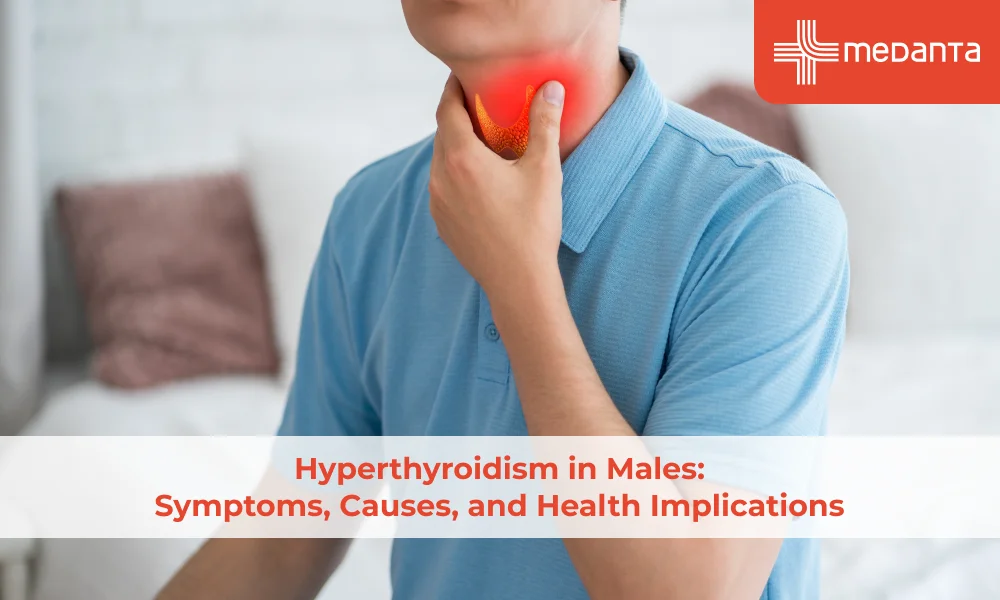Is it Anxiety, Are You Palpitated? | Heart Palpitations | Heart Health | Fitness | Fit Talk

Palpitations refer to the sensation of feeling one's heartbeat, and it can be uncomfortable. While often not alarming, especially when the heart structure is normal, palpitations can have various causes.
Commonly, factors such as anxiety, stress, and lack of sleep contribute to palpitations. Additionally, certain foods, excessive consumption of tea or coffee, and alcohol can play a role. People taking specific medications, especially those with respiratory or lung disorders and those using over-the-counter medicines for colds and coughs containing elements like pseudoephedrine or terbutaline, may also experience palpitations.
Palpitations Symptoms
Thyroid hyperthyroid conditions can lead to palpitations. When a person experiences chest pain, breathing difficulty, or dizziness during or before palpitations, it is crucial to seek medical attention. In some cases, people may even fall unconscious, indicating a potential threat that requires urgent evaluation by a cardiologist.
Those who experience palpitations at night often suffer from disturbed sleep. This disruption can cause an increase in blood pressure and heart rate in the morning, resulting in a loss of focus, attention problems, and lower work efficiency.
Cigarette smoking is a lifestyle component that might cause palpitations. Smokers may experience higher heart rates even at rest, leading to discomfort during the daytime and especially when relaxing after work.
Various investigations are recommended for individuals with palpitations. An ECG or electrocardiogram provides information about heart rhythm, and a 24-hour heart recording monitors heart rhythms continuously. An echocardiogram assesses the heart's structural normality and function, helping identify abnormalities in chambers or heart output.
In cases where structural heart disease is absent, individuals with elevated heart rates may be considered low-risk and may only require reassurance and anti-stress medications. However, those with abnormal heart structure, weak heart function, or enlarged chambers, along with abnormal rhythms, are considered high-risk and may require a different approach to treatment.
Additional investigations to determine the cause of palpitations include hemogram and thyroid function tests. Conditions like anemia or thyroid disorders can contribute to palpitations, and identifying these underlying issues is crucial for effective management.
Conclusion
It is important to take heart palpitations seriously, especially if they happen during a short period of time, come and go frequently, or occur without any obvious cause. If you have experienced any such symptoms, please visit a super speciality hospital at the earliest. Your health should be your top most priority, so do not shy away from exploring medical help seeking if the heart palpitations continue.
Now that we've covered the basics of palpitations and anxiety, we hope you go forth with rightful know-how on how to combat this health issue. Keep track of your lifestyle: monitor your sodium intake, stay away from caffeine for most part and keep yourself hydrated!
This blog has been converted from the PR Article - https://www.youtube.com/watch?v=uJ2Bas3E6Nc






